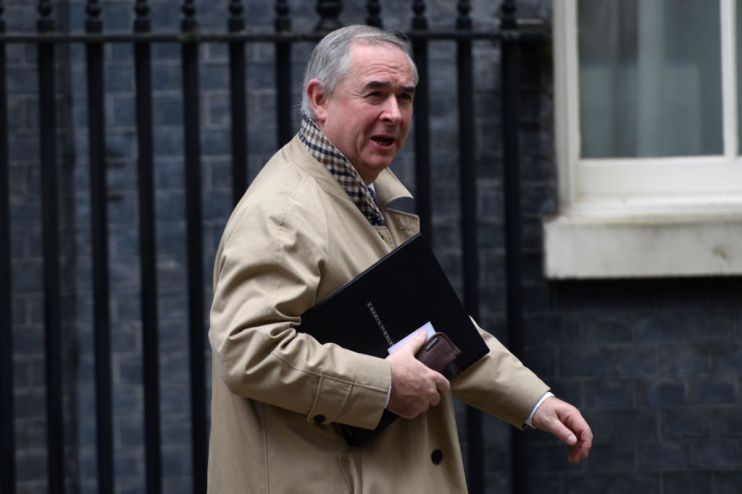As the British Virgin Islands fights off corruption, the UK must learn our help can hurt

Last week, the Premier of the British Virgin Islands was arrested in the US on drug smuggling charges; corruption and the ongoing power imbalance in the dying embers of the British empire has once more been thrust into the spotlight.
This is a constitutional crisis. However, the proposed solution of direct rule from London reveals just how little self-reflection there is in the United Kingdom’s ongoing relationship with colonialism.
Corruption is not a new issue in the BVI. There was a lengthy inquiry into the matter and the findings have been published in the wake of the latest scandal. The government of the BVI was represented, controversially, by the former Attorney General Sir Geoffrey Cox, who was also paid as a UK MP, while sitting in a luxury villa in the Caribbean.
In small jurisdictions, where everyone knows one another, political power can become a family business. But as the borders of the United Kingdom shrink back from Europe, it is an issue we are facing here too. The last few months have been rife with news of ministers granting contracts worth millions to their friends during the pandemic and a criminal investigation into our leaders in Downing Street. At a time when we are facing our own systemic problems of cronyism, there are few practical benefits of direct rule from London.
Indeed, the suggestion of direct rule may hasten some of the questions that have been bubbling up over the past 10 years in Britain’s far flung Overseas Territories. From the consequences of Brexit to the devastating aftermath of hurricanes, British Overseas Territories have been asking themselves what exactly they get from their relationship with London. The actions of British Governments in recent years towards British Overseas Territories completely fail to understand how these, perhaps well intentioned moves to improve governance might be perceived from the other side of the water.
In 2018, the Anti-Money Laundering Act 2018 gave the UK Government powers to directly require British Overseas Territories’ to introduce publicly accessible registers of the beneficial ownership of companies if they failed to do so of their own volition. It provoked outrage, not about company registers, but about the erosion of sovereignty in territories already questioning the benefits of their relationship with the United Kingdom. Douglas Parnell, the then-leader of the ruling party in Turks and Caicos, called it a “constitutional smack down by our oversees”. The then-deputy Prime Minister of the BVI, Dr Kedrick Pickering told a protest the country was “declaring war” on the UK, and spoke of the need to discuss divorce.
Underpinning this outrage is the fundamental right to self-determination, enshrined in the UN Charter. Sovereignty was the banner that drove the campaign for Brexit, but when it comes to sovereignty in small places on the other side of the world, Britain is perhaps less convinced.
The proposal of direct rule could do more harm than good. Things need to change but direct rule from the heart of a historical empire may well maintain the status quo instead.
The people of the BVI deserve better. Corruption corrodes lives, at home and abroad. There is no doubt a need for fundamental change in governance structures and government in the BVI. And that change may require external perspectives, support and advice. This crisis raises many questions, but direct rule from London does not answer any of them.
